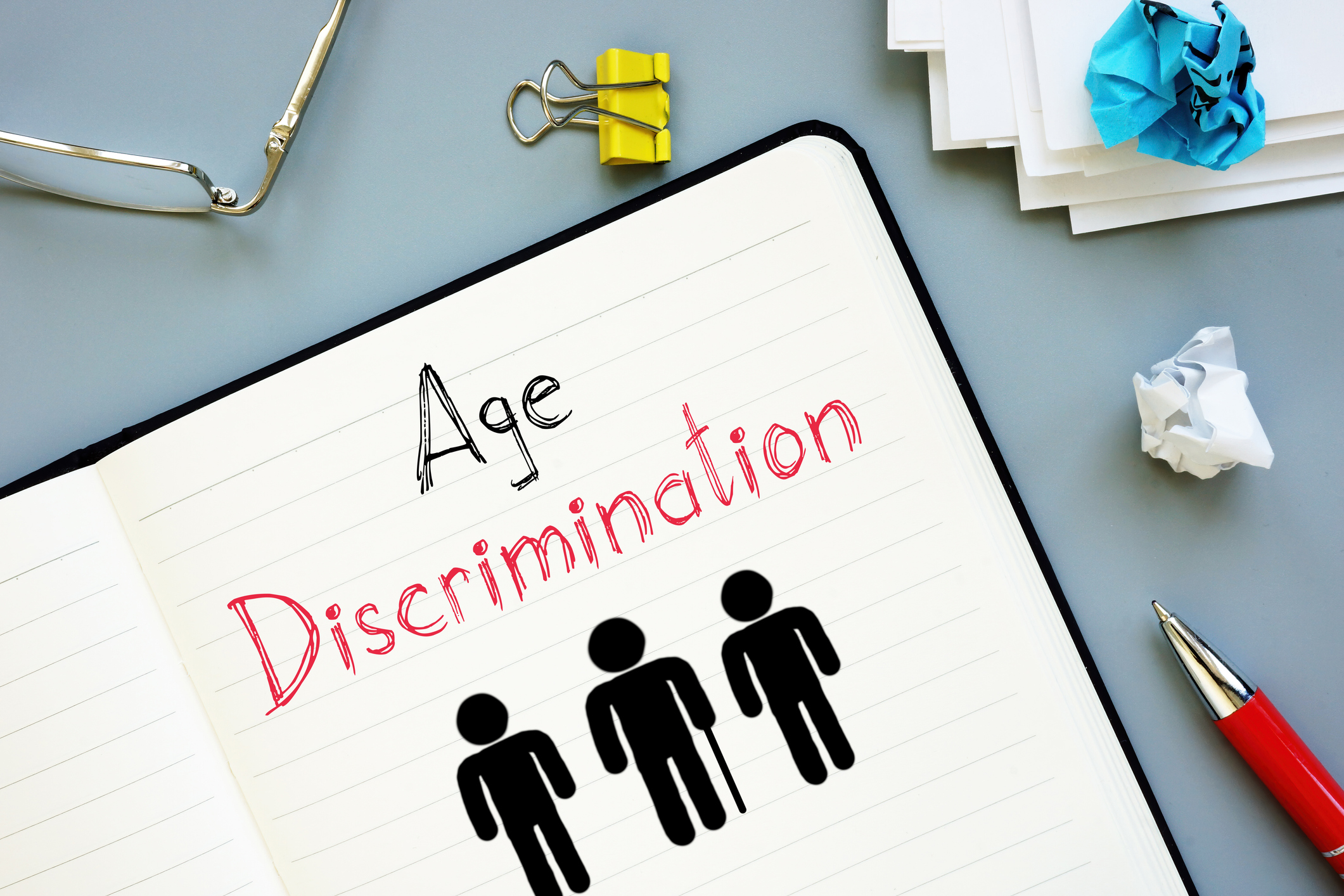Although the number of older adults is rapidly growing with the aging of the baby boomer generation, and seniors are enjoying increasingly longer and healthier lives, persistent ageist attitudes and messages are still constantly bombarding us. Older adults may even be guilty of perpetuating a negative connotation of aging themselves with old age jokes and comments. A recent study has found that ageist attitudes and messages that older adults encounter on a daily basis can add up and contribute to poorer overall health.
According to a recent Newsweek Magazine Health report, a new study published in the JAMA Network Open found that 93 percent of Americans between the ages of 50 and 80 encounter messages that demean older adults and promote negative beliefs about aging. These “microaggressions” may come in the form of a backhanded compliment, patronizing comments and actions, or as an old age joke between friends. What may appear as a kind gesture, like speaking loudly for the benefit of an elderly adult, can actually perpetuate the idea that all seniors are frail. Studies have shown that internalizing negative ageist stereotypes can lead to higher blood pressure and poor performance on memory tests.
When older adults absorb positive messages about aging, their physical strength, balance, and walking speed improve, and they experience a better quality of life. If seniors are exposed to more positive attitudes about aging, they are also more likely to continue to stay active, eat a healthy diet, and have lower levels of stress. Because chronic stress is associated with worsening of health conditions like heart disease and diabetes, ongoing negative messages about aging can take a toll on the well-being of seniors.
There are, of course, some limitations the body may encounter as it ages. But older adults also experience emotional growth that often gives them a greater sense of contentment and happiness. Seniors have learned resilience and problem solving over their long lives, and tend to keep company with friends and family that are loyal, supportive, positive, and kind. Staying optimistic about aging can also support longevity. Yale psychologist Becca Levy has found that ageism can affect physical and cognitive health and well-being measured by decreased lifespan. Her 2002 longevity study followed hundreds of older adults for two decades and participants with the most positive beliefs about aging lived 7.5 years longer than those with negative attitudes.
It takes practice, and a bit of bravery, to create a more age-positive experience for older adults. Seniors themselves can practice using positive language about aging, and younger people can check themselves when negative or discriminating attitudes spill out. Instead of focusing on decline in older age, championing the positive aspects of aging like wisdom and experience can improve seniors’ quality, and perhaps span, of life. For the record, older adults do not want to be called adorable, sweetheart, young lady (or gentleman), feisty or spry. Stick to terms like older, wise, sage, mature, or distinguished. And for goodness sake don’t ever tell someone over 50 they look good – for their age!






Add Your Voice
0 Comments
Join the Discussion